IS GOLD WATERPROOF?
Gold is a highly valued precious metal known for its lustrous appearance and durability. It has been used for centuries in various industries and applications. One common question that arises is whether gold is waterproof. In this article, we will explore the properties of gold, its reaction to water, its resistance to corrosion, and debunk the myth of gold being waterproof. We will also discuss the use of gold in water-related industries. Read on to discover the truth about gold and water.
Key Takeaways
- Gold does not react with water and is considered to be waterproof in terms of chemical reactions.
- However, gold can be damaged by prolonged exposure to water, especially in the presence of certain chemicals or impurities.
- Gold is highly resistant to corrosion and does not rust, making it suitable for use in water-related industries.
- The misconception of gold being completely waterproof may stem from its durability and lack of reactivity with water.
- Gold is used in electronics and water filtration systems due to its excellent conductivity and resistance to corrosion.
The Properties of Gold
The Chemical Composition of Gold
Gold is a chemical element with the symbol Au and atomic number 79. It is a dense, soft, malleable, and ductile metal with a bright yellow color. Gold is highly valued for its beauty and rarity, making it a popular choice for jewelry and investment. It is also used in various industries, including electronics and water filtration systems.
Gold has a relatively low melting point of 1,064 degrees Celsius and a boiling point of 2,807 degrees Celsius. It is a good conductor of electricity and does not tarnish or corrode easily. These properties make gold suitable for a wide range of applications.
Gold is often found in its pure form, but it can also be found in combination with other elements, such as silver, copper, and zinc. The purity of gold is measured in karats, with 24 karat gold being the purest form. Gold alloys, which are mixtures of gold and other metals, are commonly used in jewelry to increase durability and reduce cost.
The Physical Properties of Gold
Gold has several unique physical properties that make it highly valuable and sought after. One of the most notable properties of gold is its density, which is much higher than most other metals. This means that a small amount of gold can weigh a significant amount. Another important physical property of gold is its malleability. Gold is extremely soft and can be easily shaped and molded into various forms. Additionally, gold is highly reflective and has a distinct yellow color, which adds to its aesthetic appeal.
In terms of electrical conductivity, gold is an excellent conductor. It has low resistance to the flow of electric current, making it ideal for use in electronic devices. Gold is also highly resistant to tarnish and corrosion, which makes it suitable for use in jewelry and other decorative items that need to maintain their shine and luster over time.
Overall, the physical properties of gold contribute to its unique characteristics and make it a valuable and versatile metal.
Gold's Reaction to Water
Does Gold React with Water?
Gold is known for its inertness and resistance to corrosion, which is why it is often used in jewelry and other decorative items. Unlike many other metals, gold does not react with water. This means that it does not rust or tarnish when exposed to moisture. The lack of reactivity with water is one of the reasons why gold is highly valued and considered a precious metal.
However, it is important to note that while gold does not react with water, it can be affected by other substances. For example, gold can react with certain chemicals or acids, which can cause it to corrode or lose its shine. Therefore, it is still important to handle gold with care and avoid exposing it to harsh chemicals or substances that can damage its surface.
The Effect of Water on Gold
When gold comes into contact with water, it does not react or undergo any chemical changes. Gold is a highly inert metal, meaning it is resistant to chemical reactions. This is due to its stable electron configuration and the strong bonds between its atoms. As a result, gold remains unaffected by water and does not corrode or rust.
Gold's resistance to water is one of the reasons why it has been used for centuries in various applications. Its durability and non-reactivity make it an ideal choice for jewelry, coins, and electronic components.
In addition to its resistance to water, gold also has excellent conductivity and is highly malleable, making it a valuable material in electronics and water filtration systems.
Gold's Resistance to Corrosion
The Corrosion Resistance of Gold
Gold is known for its exceptional corrosion resistance. It does not tarnish or rust like other metals. This is due to its inert nature, which means it does not react with most substances, including water. Gold's resistance to corrosion makes it an ideal material for various applications where exposure to moisture is a concern.
In addition to its corrosion resistance, gold also has excellent electrical conductivity and is highly malleable. These properties further contribute to its usefulness in industries such as electronics and water filtration systems.
Gold's resistance to corrosion and its other unique properties make it a valuable and versatile material in various water-related industries.
Gold's Resistance to Rust
Gold is highly resistant to rust or corrosion. Unlike many other metals, gold does not tarnish or oxidize when exposed to moisture or air. This is due to its inherent chemical properties and stability. The lack of reaction with water and air makes gold an ideal material for various applications where corrosion resistance is crucial.
In addition to its resistance to rust, gold also maintains its luster and shine over time. This makes it a popular choice for jewelry and decorative items that are often exposed to moisture and environmental elements. The durability and longevity of gold make it a valuable and reliable material in many industries.
Table: Applications of Gold in Water-Related Industries
| Industry | Application |
|---|---|
| Electronics | Gold is used in electronic components and circuitry due to its excellent conductivity and corrosion resistance. |
| Water Filtration Systems | Gold is used in water filtration systems to remove impurities and improve water quality. |
Note: The table above provides a brief overview of some applications of gold in water-related industries. There are many other uses and applications of gold in various fields.
The Myth of Gold Being Waterproof
The Misconception of Gold's Waterproofness
Contrary to popular belief, gold is not actually waterproof. While gold is highly resistant to corrosion and does not rust, it can still be affected by water under certain conditions.
One common misconception is that gold is impervious to water damage. However, prolonged exposure to water can cause gold to tarnish or discolor. This is especially true in the presence of other substances such as chlorine or saltwater.
It is important to note that the level of water resistance in gold can vary depending on its purity and the specific alloy used. Pure gold, also known as 24 karat gold, is more susceptible to water damage compared to gold alloys that contain other metals.
Therefore, while gold may have some resistance to water, it is not completely waterproof and requires proper care and maintenance to prevent any potential damage.
The Truth about Gold and Water
Gold is not completely waterproof, but it is highly resistant to water damage. While gold does not react with water, it can still be affected by prolonged exposure to certain types of water. For example, gold can tarnish when exposed to saltwater or water containing harsh chemicals.
It is important to note that the purity of the gold also plays a role in its resistance to water damage. Pure gold, which is 24 karats, is more resistant to corrosion and tarnish compared to lower karat gold alloys.
In summary, while gold is not completely waterproof, it is highly resistant to water damage, especially when it is pure and not exposed to corrosive substances.
Gold's Use in Water-Related Industries
Gold in Electronics and Water
Gold plays a crucial role in the electronics industry due to its excellent conductivity and resistance to corrosion. It is used in various electronic components such as connectors, switches, and circuit boards. The use of gold ensures reliable and efficient performance of electronic devices. Additionally, gold is also used in water filtration systems. Its ability to resist corrosion makes it an ideal material for filters, ensuring the purity of water by removing impurities and contaminants. Gold's unique properties make it an indispensable element in both the electronics and water-related industries.
Gold in Water Filtration Systems
Gold is also used in water filtration systems due to its unique properties. Gold nanoparticles are often incorporated into filters to enhance their performance. These nanoparticles have a high surface area, which allows them to effectively adsorb contaminants and impurities from water. Additionally, gold nanoparticles have antimicrobial properties, making them effective in killing bacteria and other microorganisms in water.
In addition to its use in filters, gold is also used in the construction of water purification devices. Gold-coated surfaces can prevent the growth of biofilms, which are slimy layers of bacteria that can form on the surfaces of water pipes and tanks. By inhibiting the growth of biofilms, gold helps to maintain the cleanliness and efficiency of water filtration systems.
Overall, gold plays a crucial role in improving the performance and efficiency of water filtration systems, making it an important material in the water industry.
Conclusion
In conclusion, the question of whether gold is waterproof has been thoroughly explored. While gold is highly resistant to corrosion and tarnish, it is not completely waterproof. It can be damaged by prolonged exposure to water, especially if it contains impurities. Therefore, it is important to take proper care of gold jewelry and avoid exposing it to excessive moisture. However, gold is still a highly valuable and sought-after metal that holds its shine and beauty for a long time.
Frequently Asked Questions
Is gold waterproof?
No, gold is not waterproof. While gold is highly resistant to corrosion and does not rust, it can still be damaged or tarnished by prolonged exposure to water.
Can gold be submerged in water?
Yes, gold can be submerged in water without immediate damage. However, it is important to note that prolonged exposure to water can still affect its appearance and shine.
Will gold jewelry tarnish in water?
Gold jewelry may tarnish in water over time, especially if it contains other metals or alloys. It is advisable to remove gold jewelry before swimming or bathing to prevent tarnishing.
Can gold be worn in the shower?
While wearing gold in the shower is generally safe, it is recommended to remove gold jewelry before showering to avoid any potential damage from chemicals in soaps and shampoos.
Does saltwater affect gold?
Saltwater can have a corrosive effect on gold, especially if it is exposed for long periods. It is best to avoid exposing gold to saltwater to maintain its appearance and condition.
How should I clean gold that has been in water?
To clean gold that has been in water, use a soft cloth or brush to gently remove any dirt or residue. Avoid using harsh chemicals or abrasive materials that could damage the gold.
Best Sellers














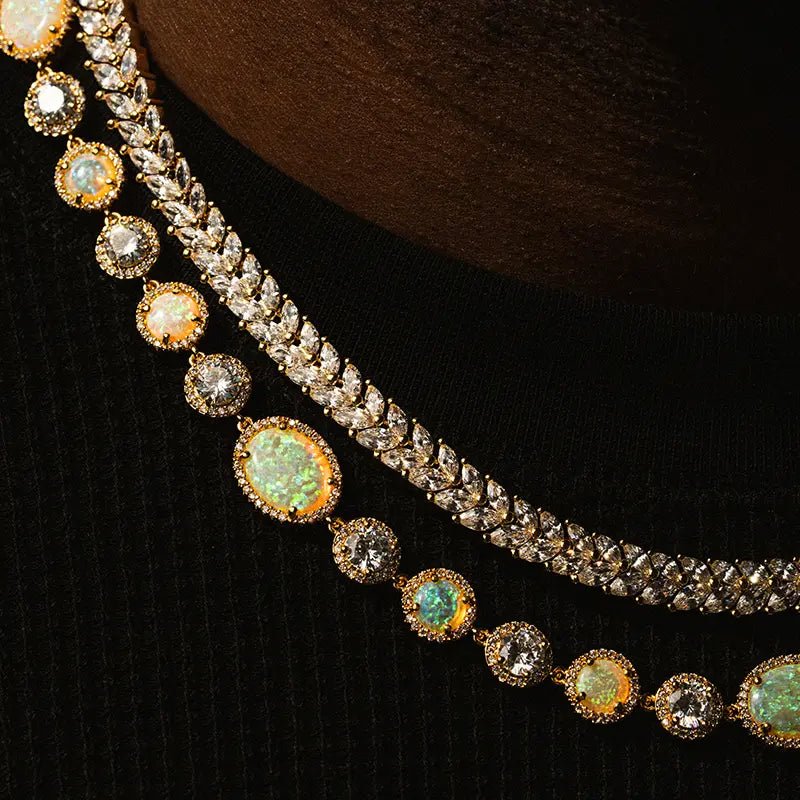
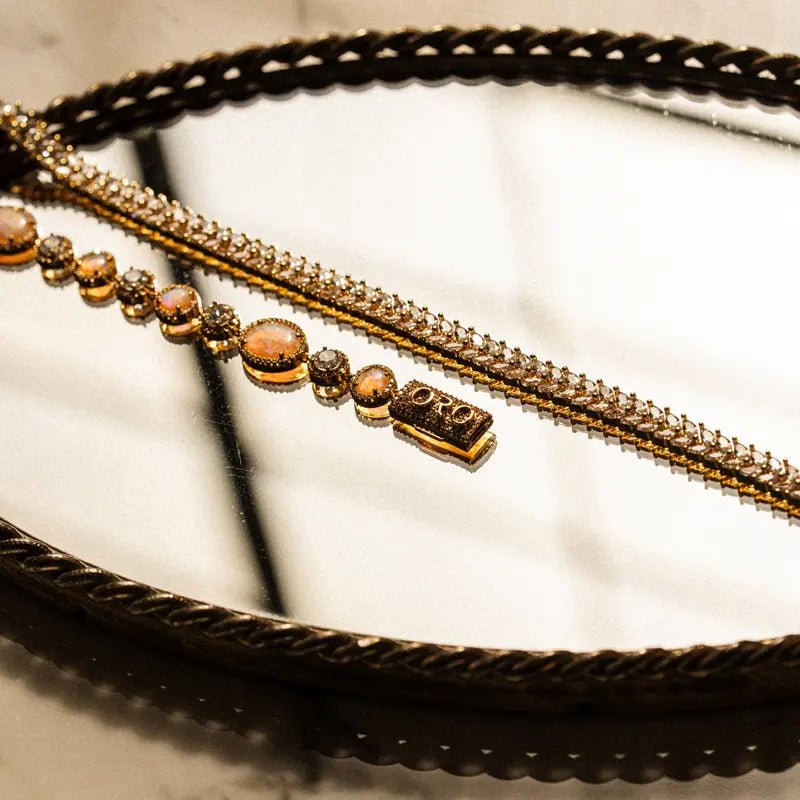
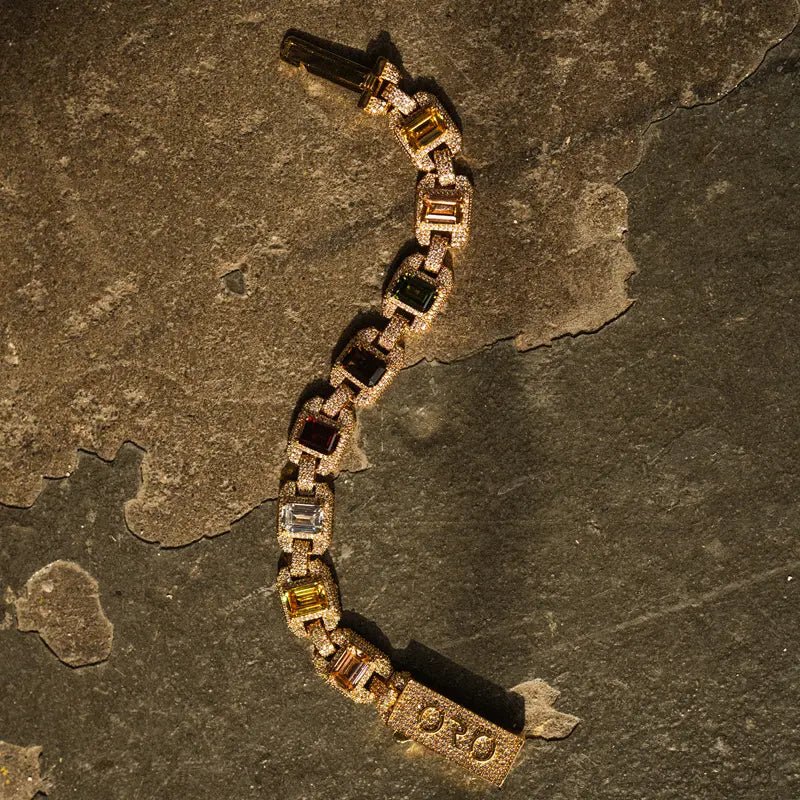


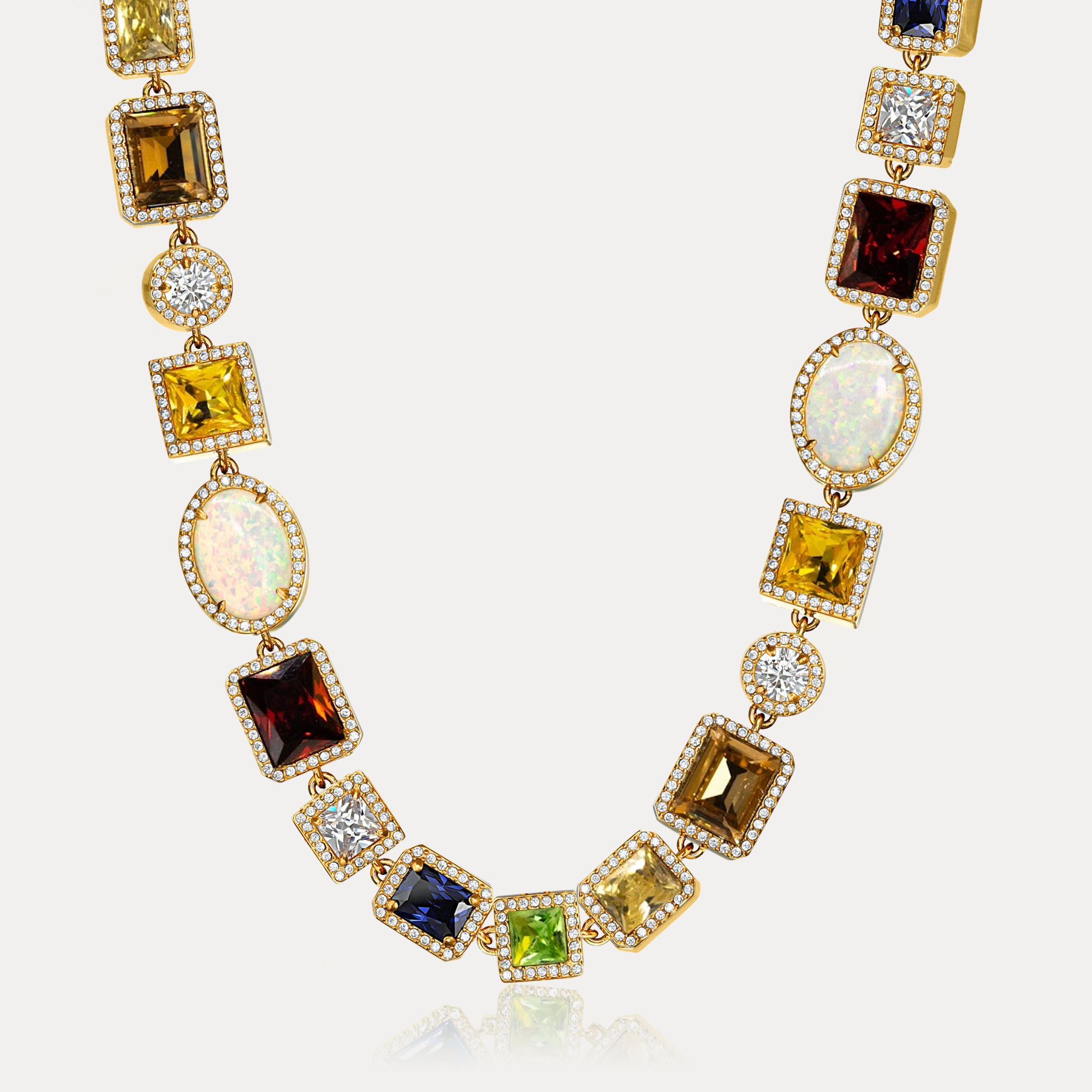

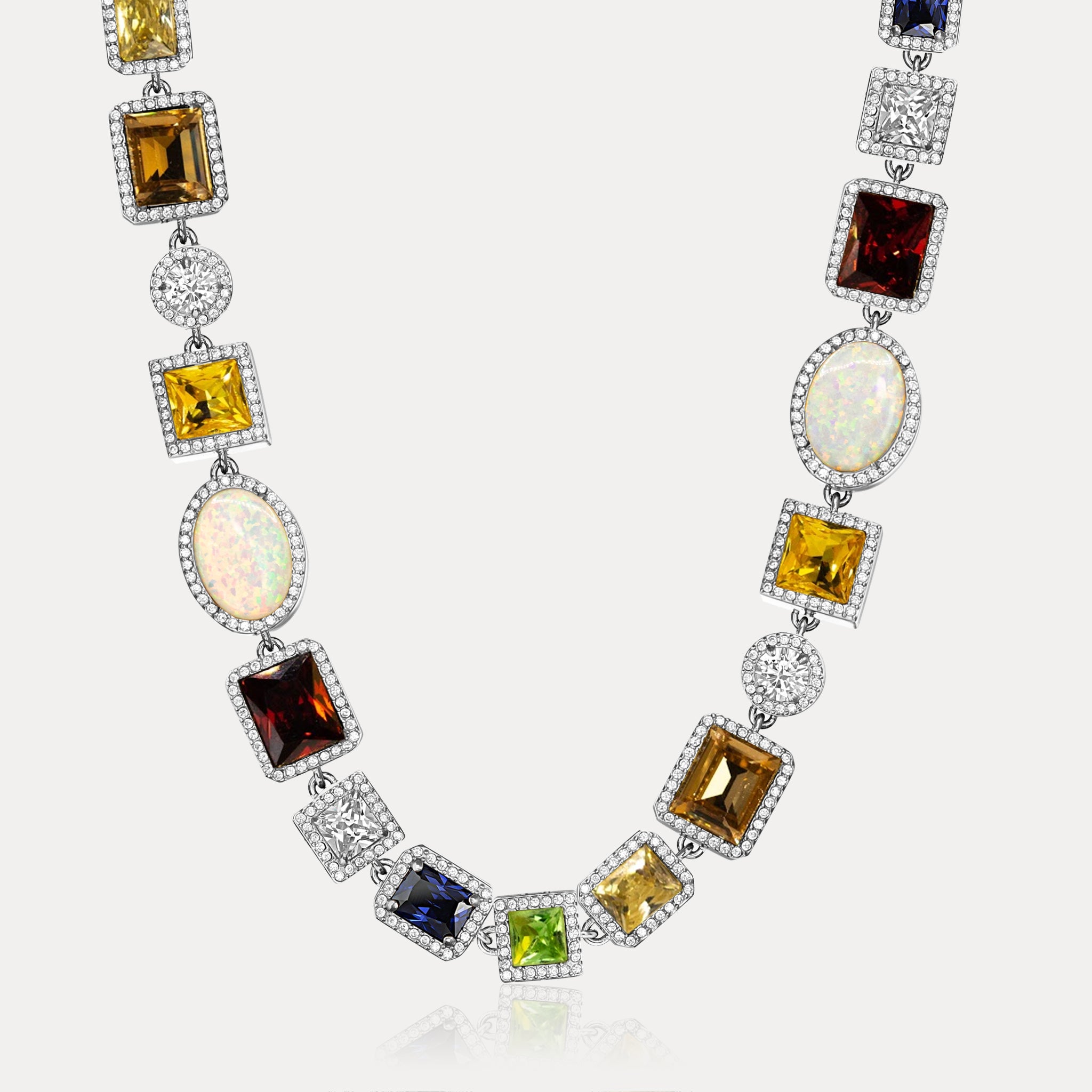

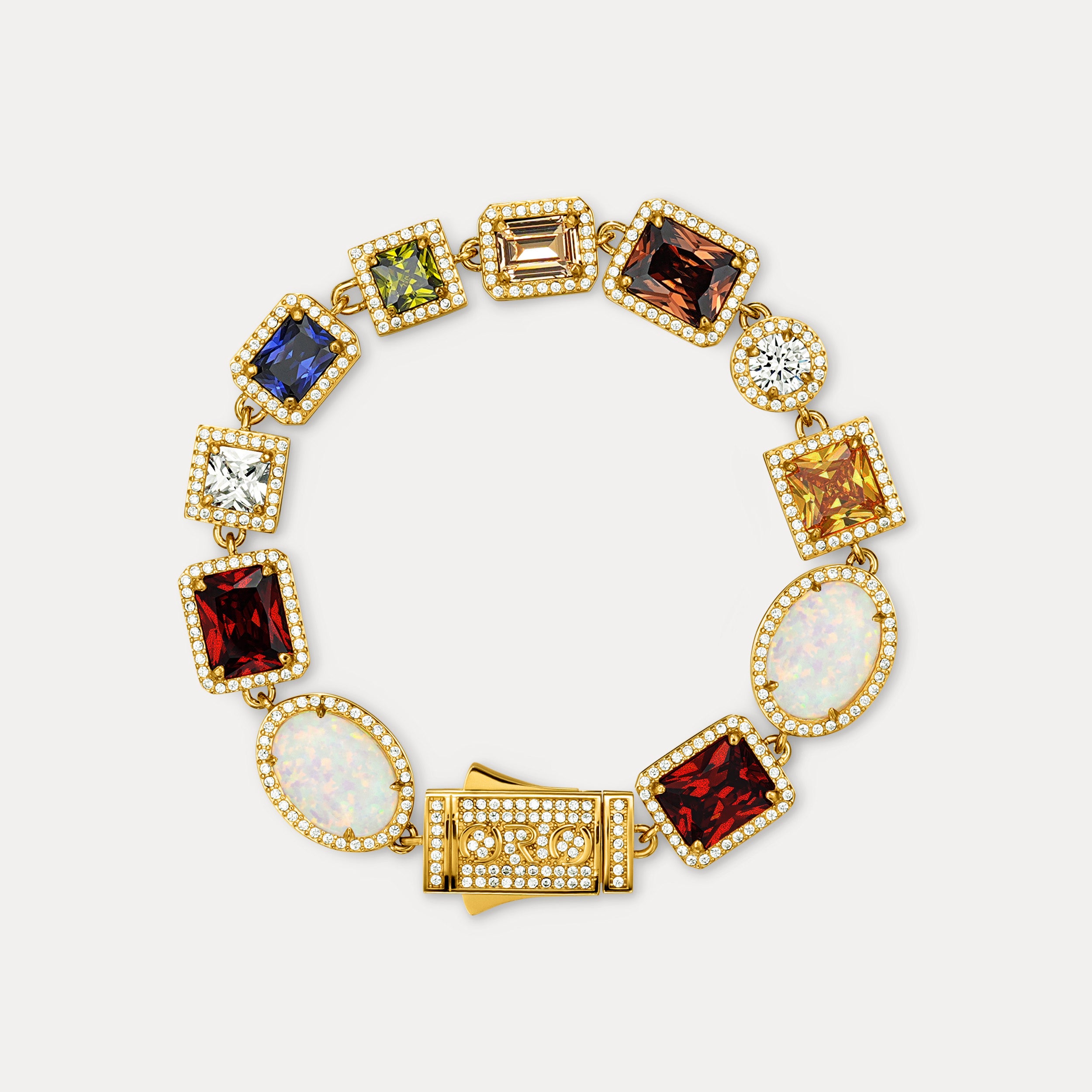

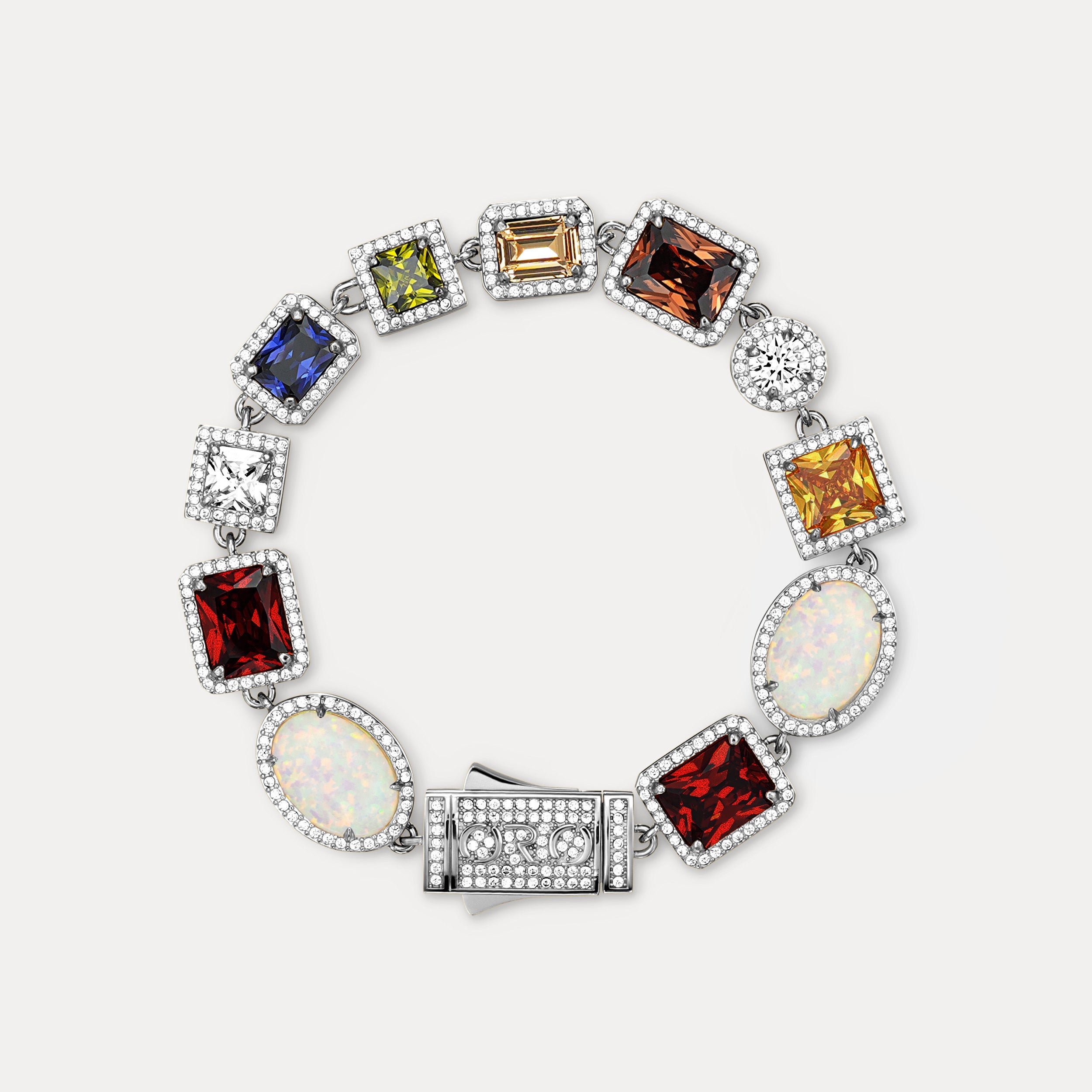

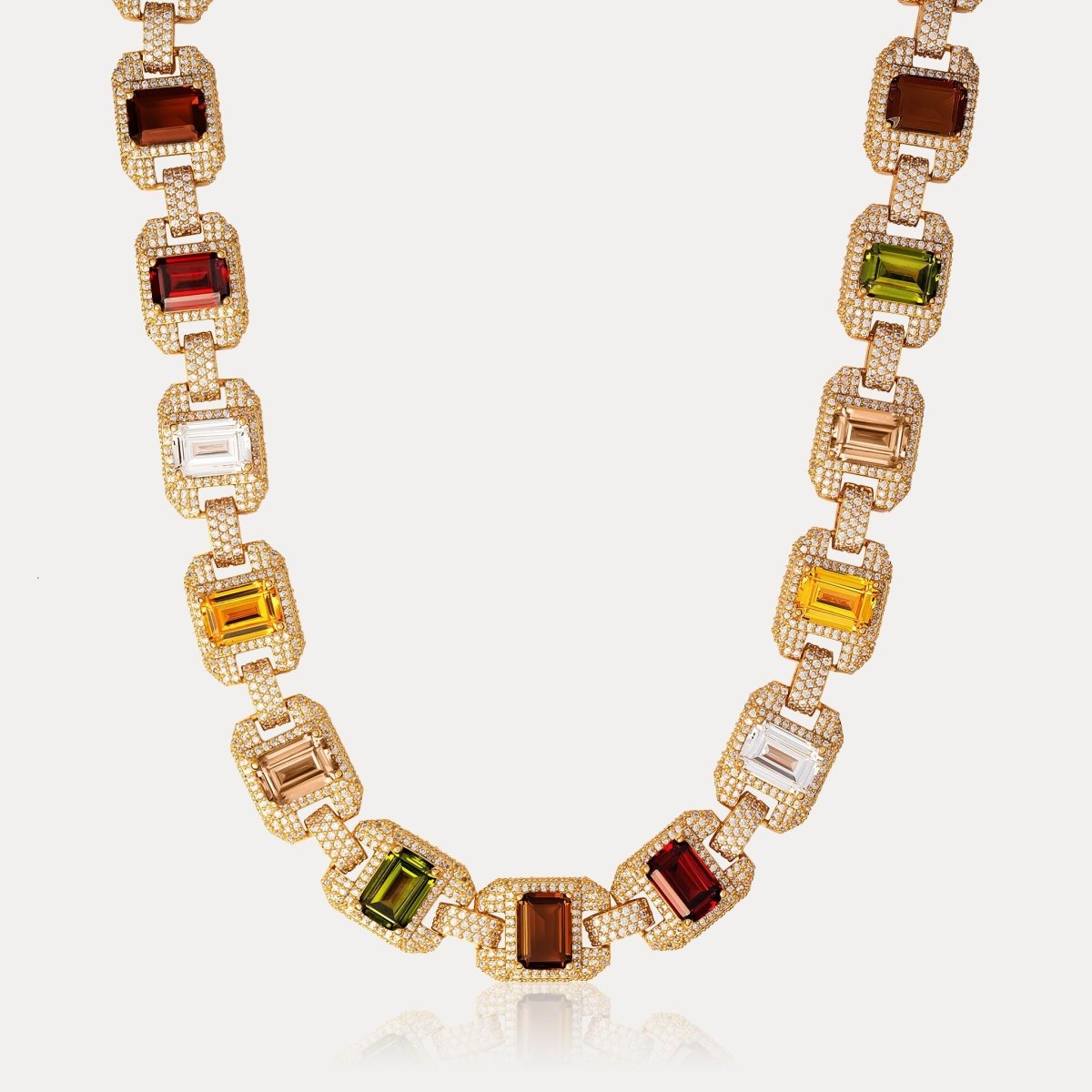



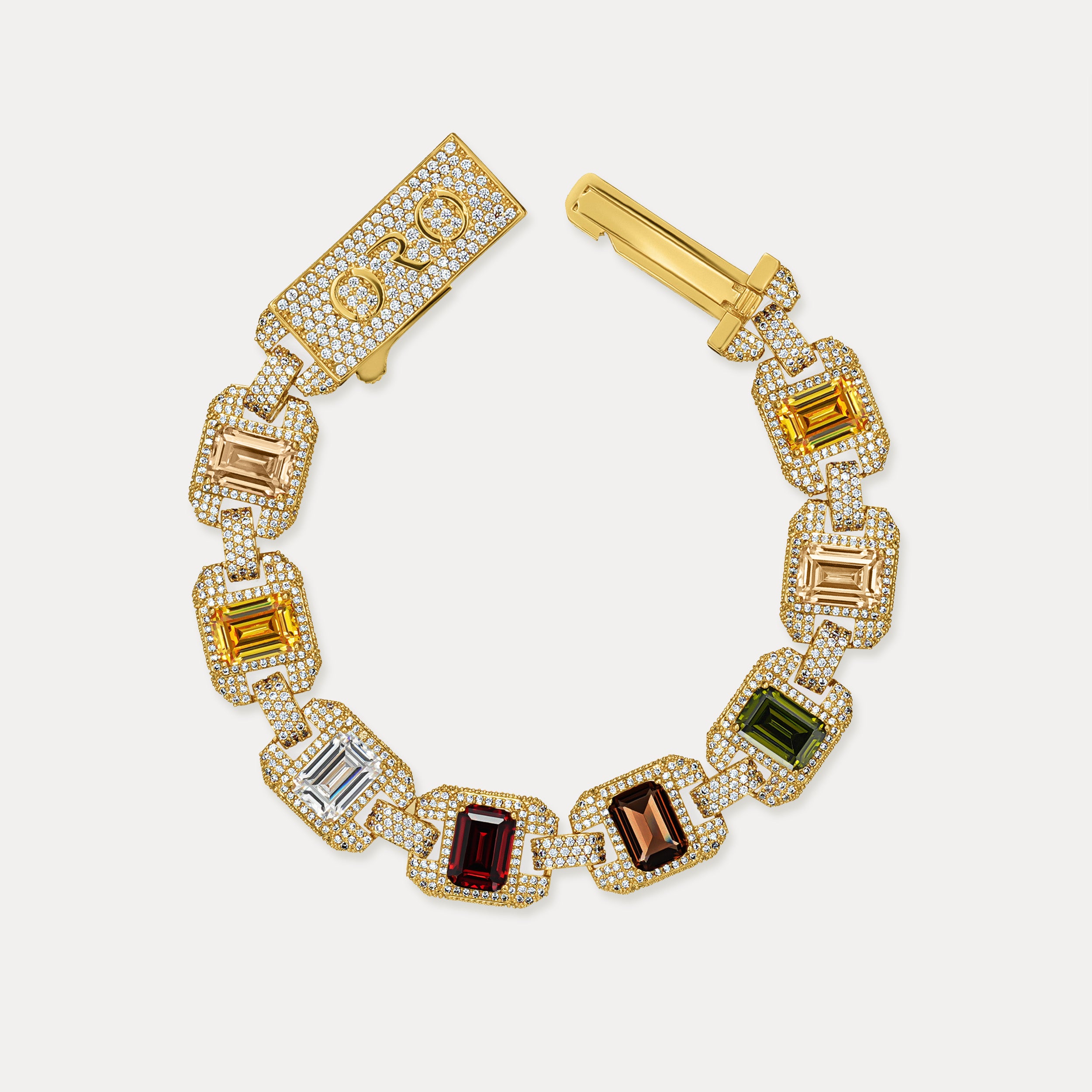

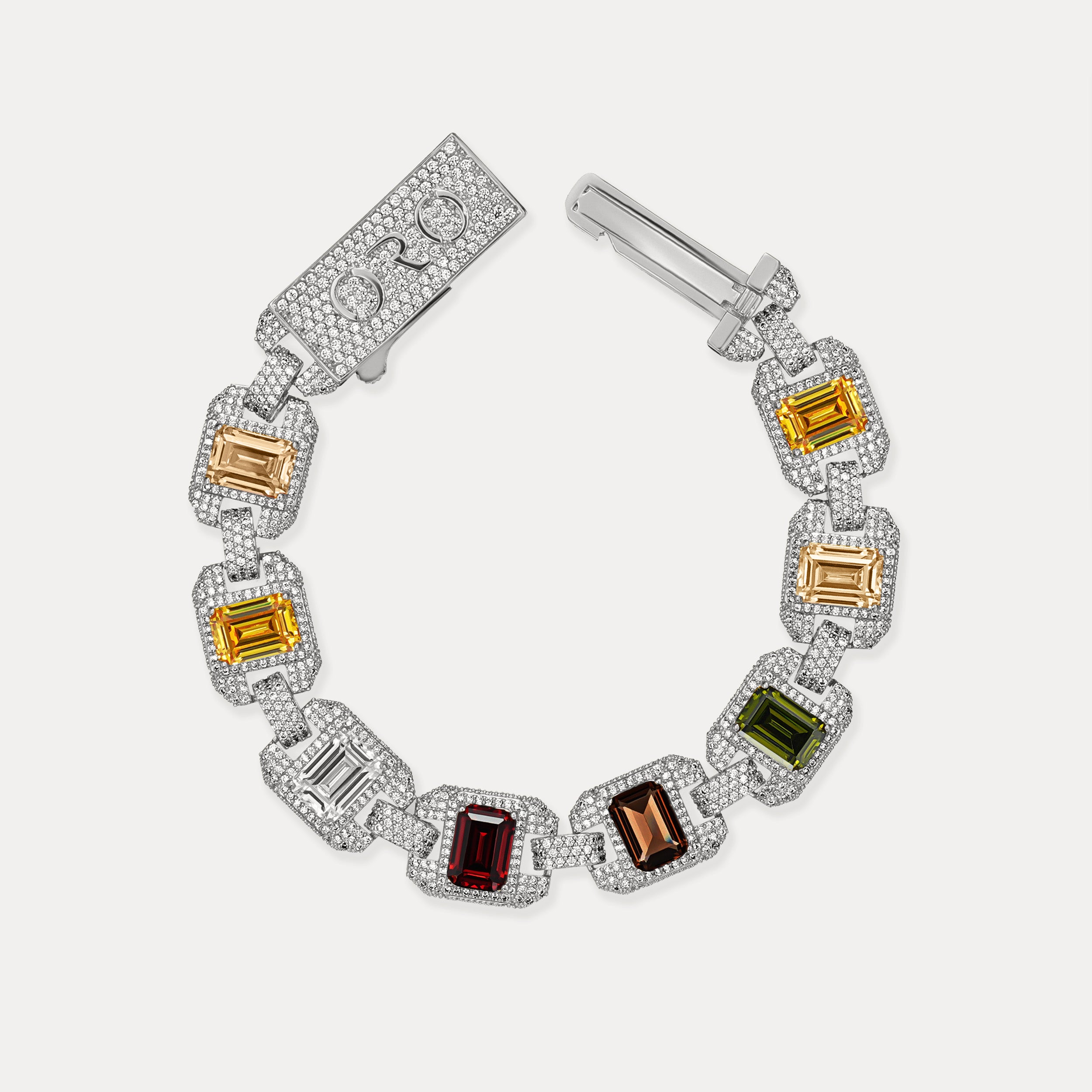

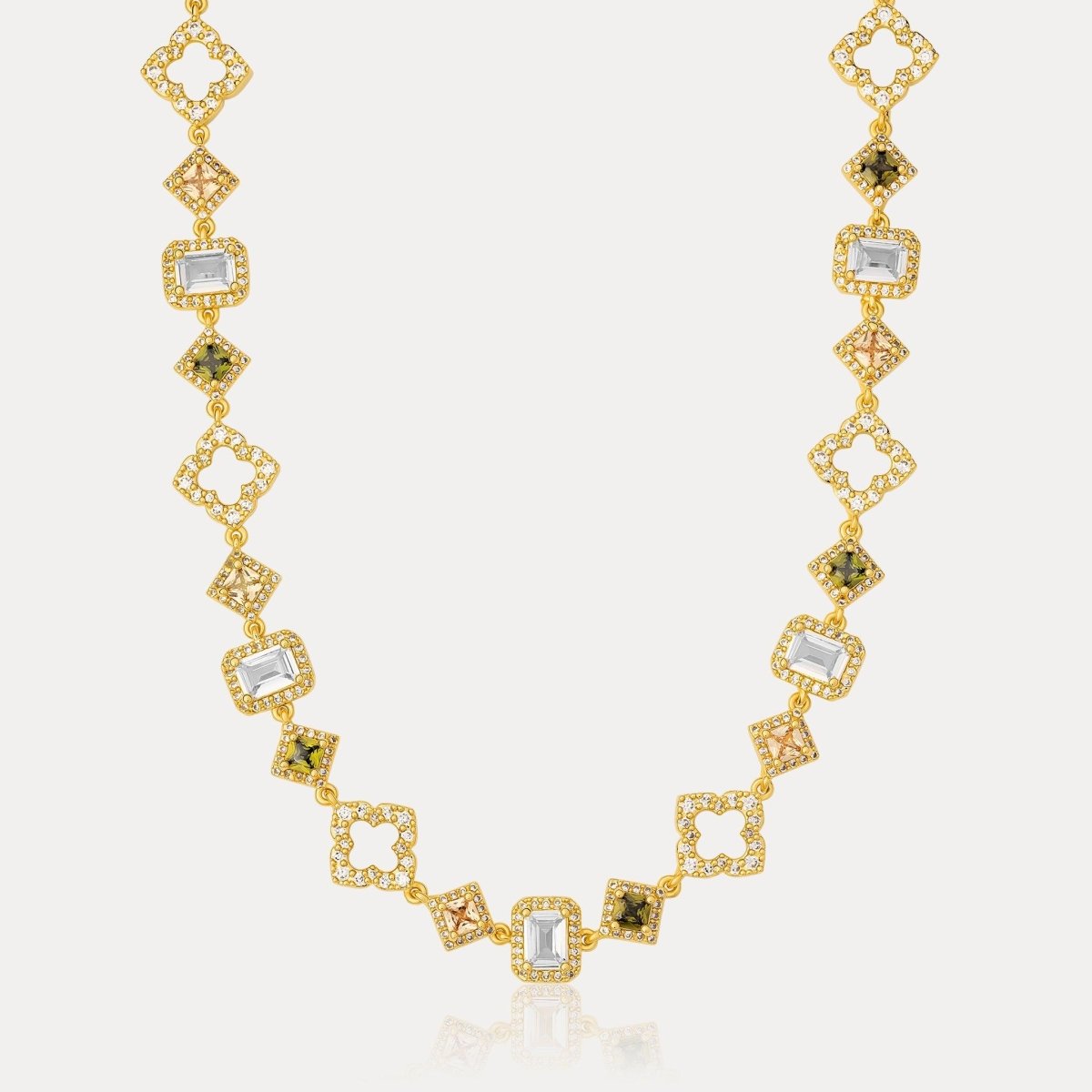

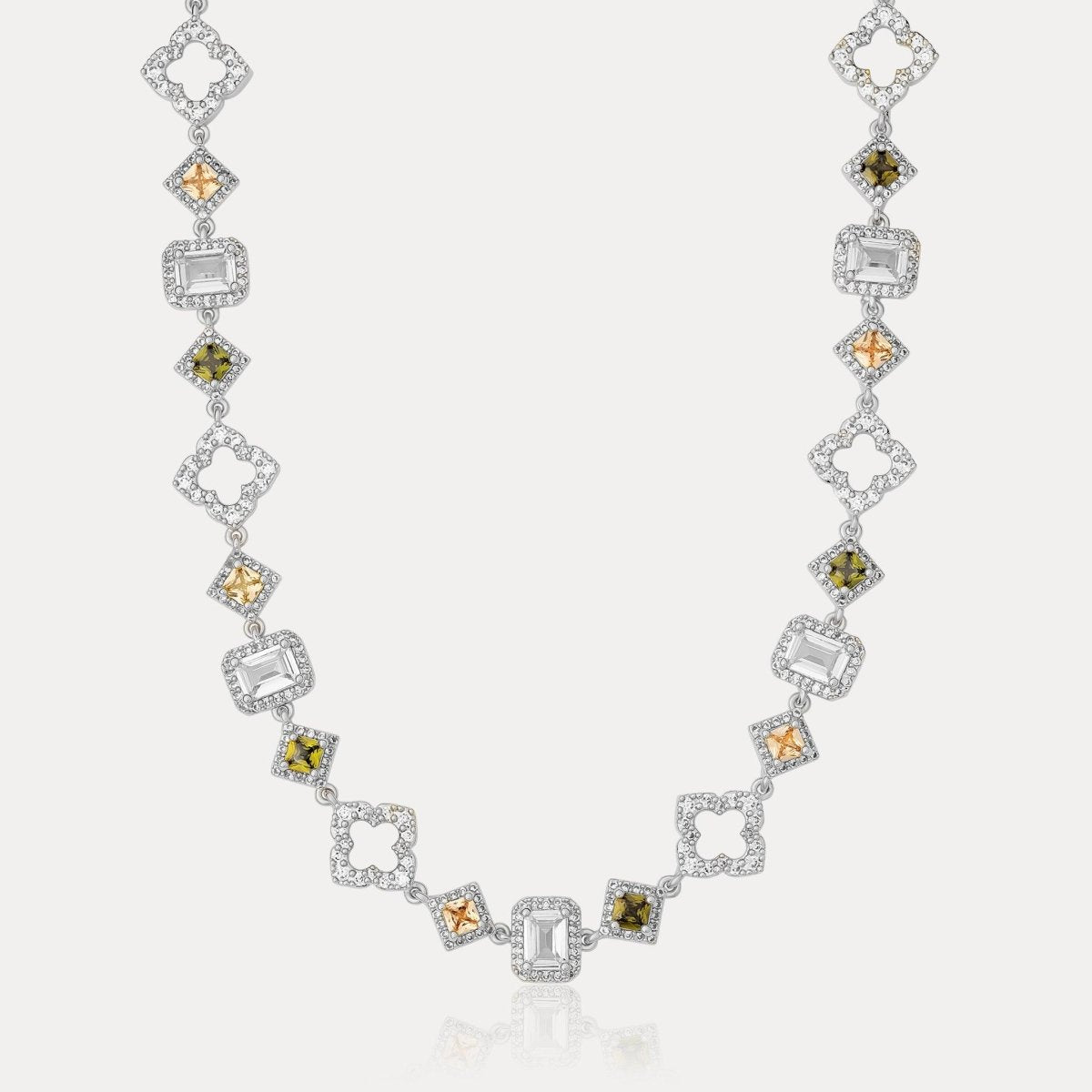

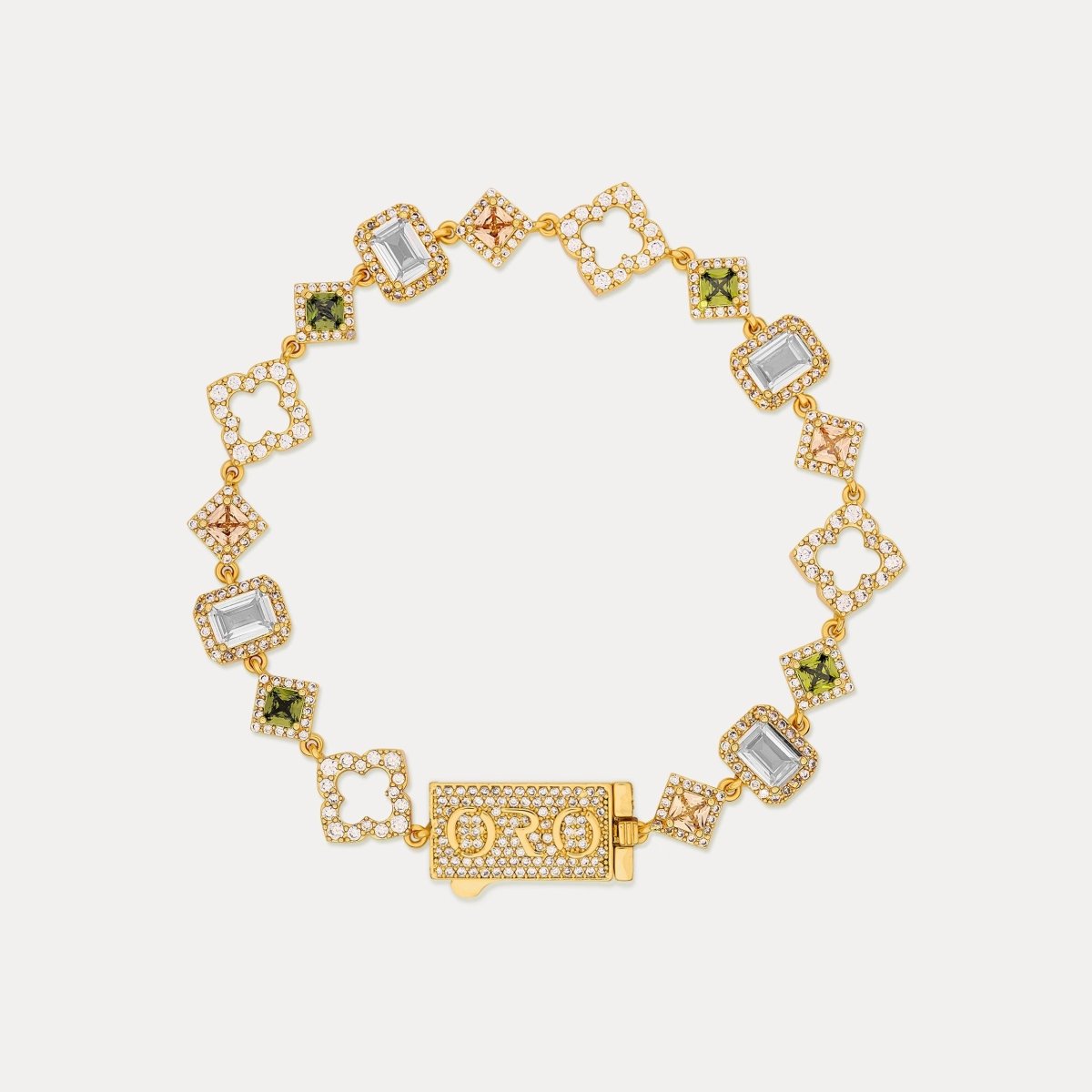

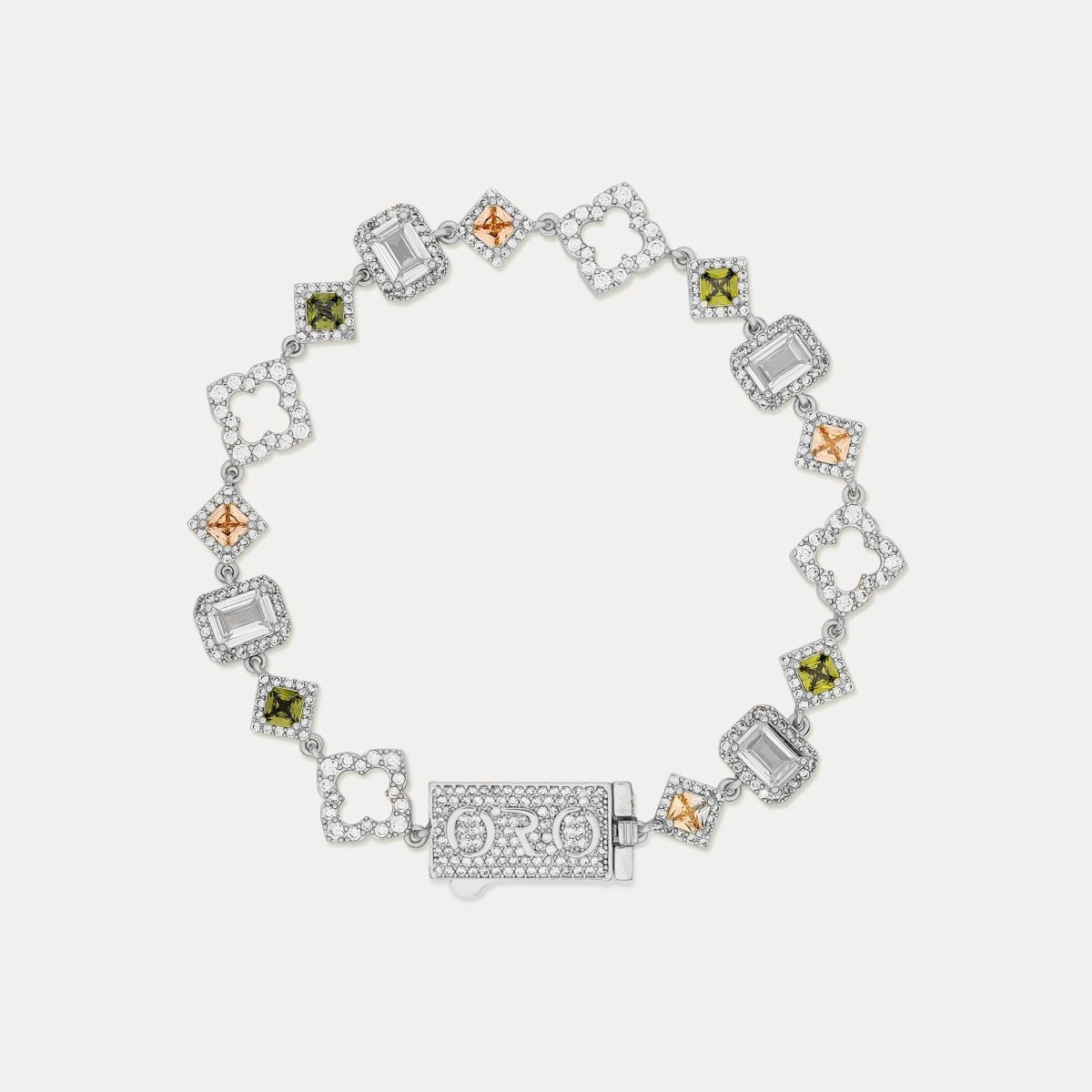

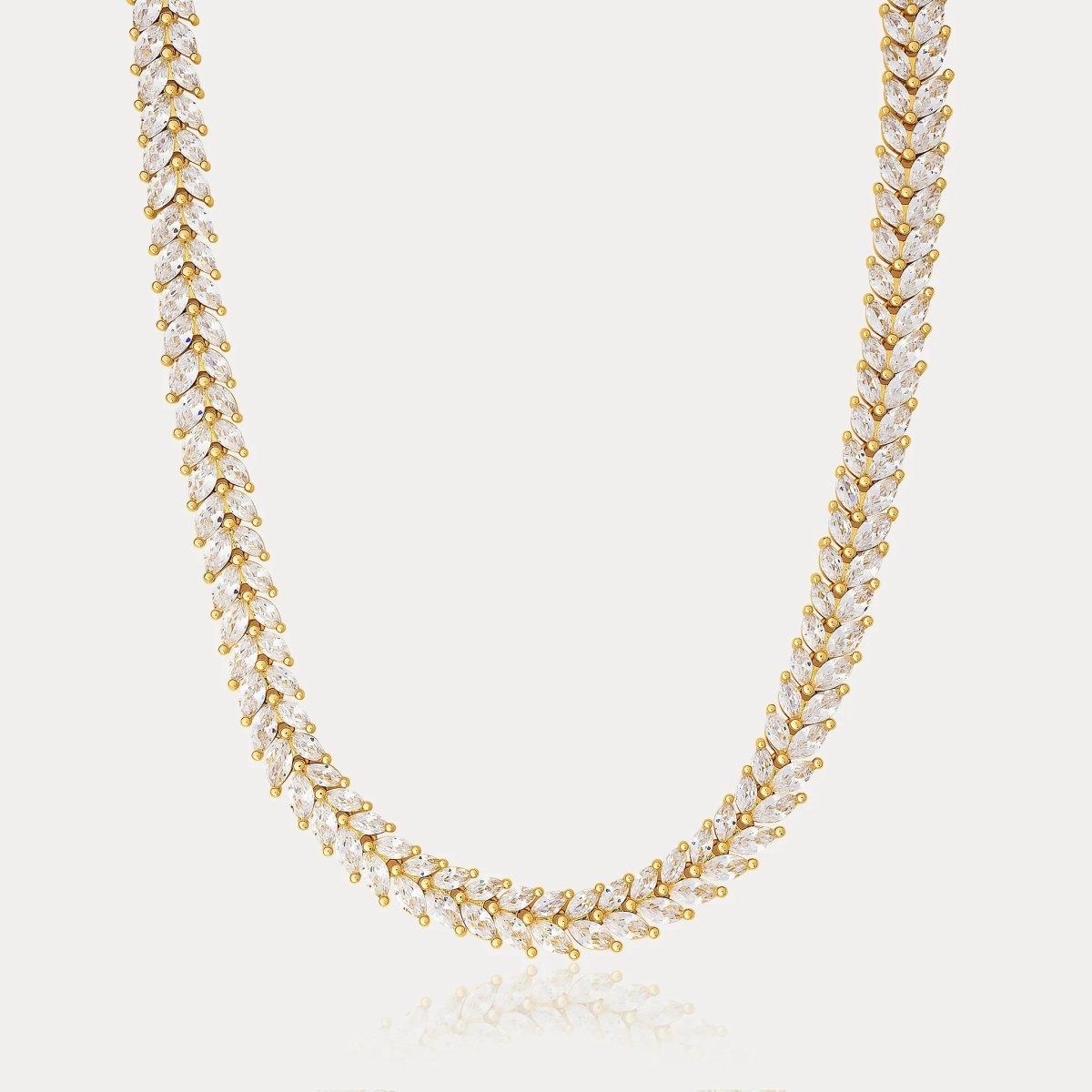

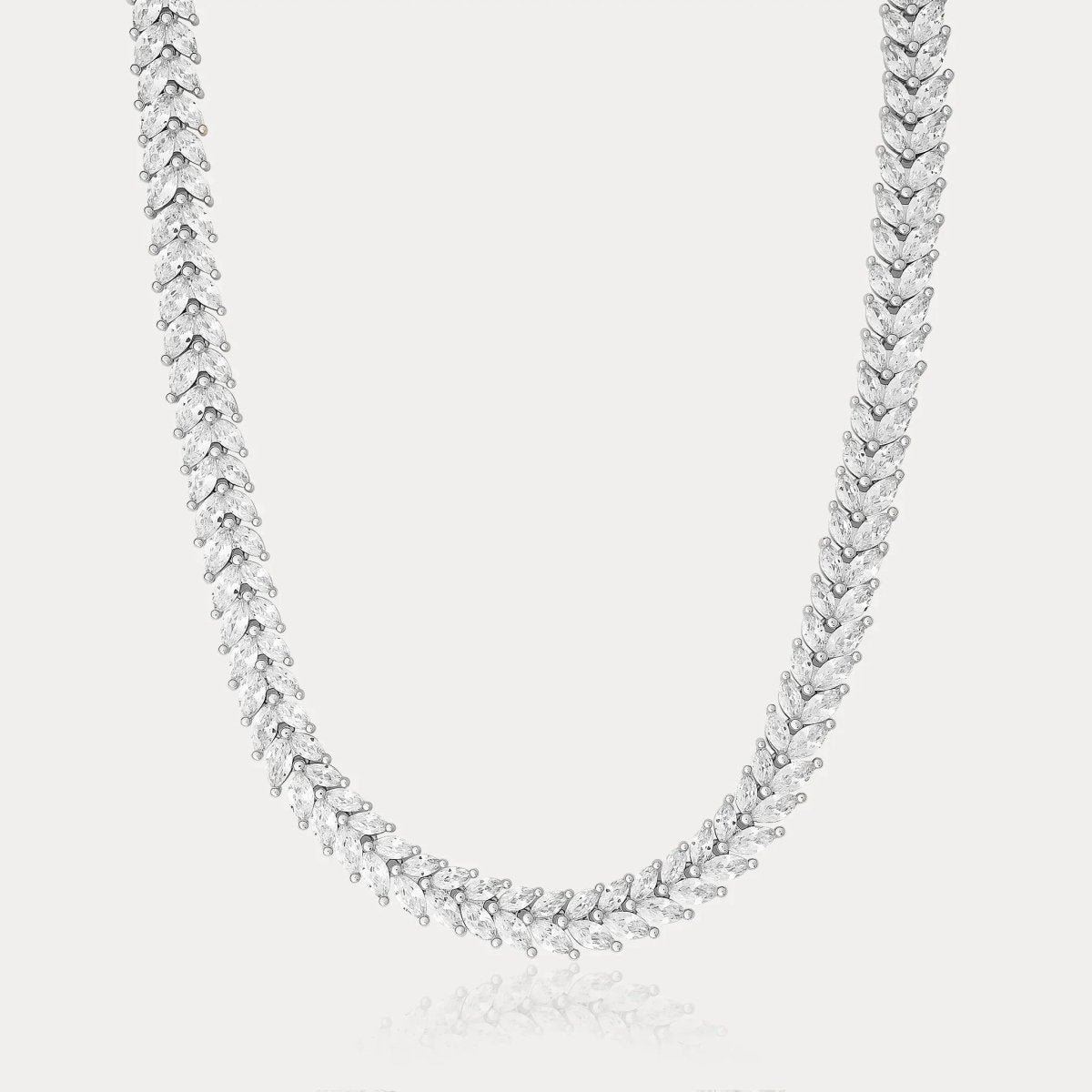

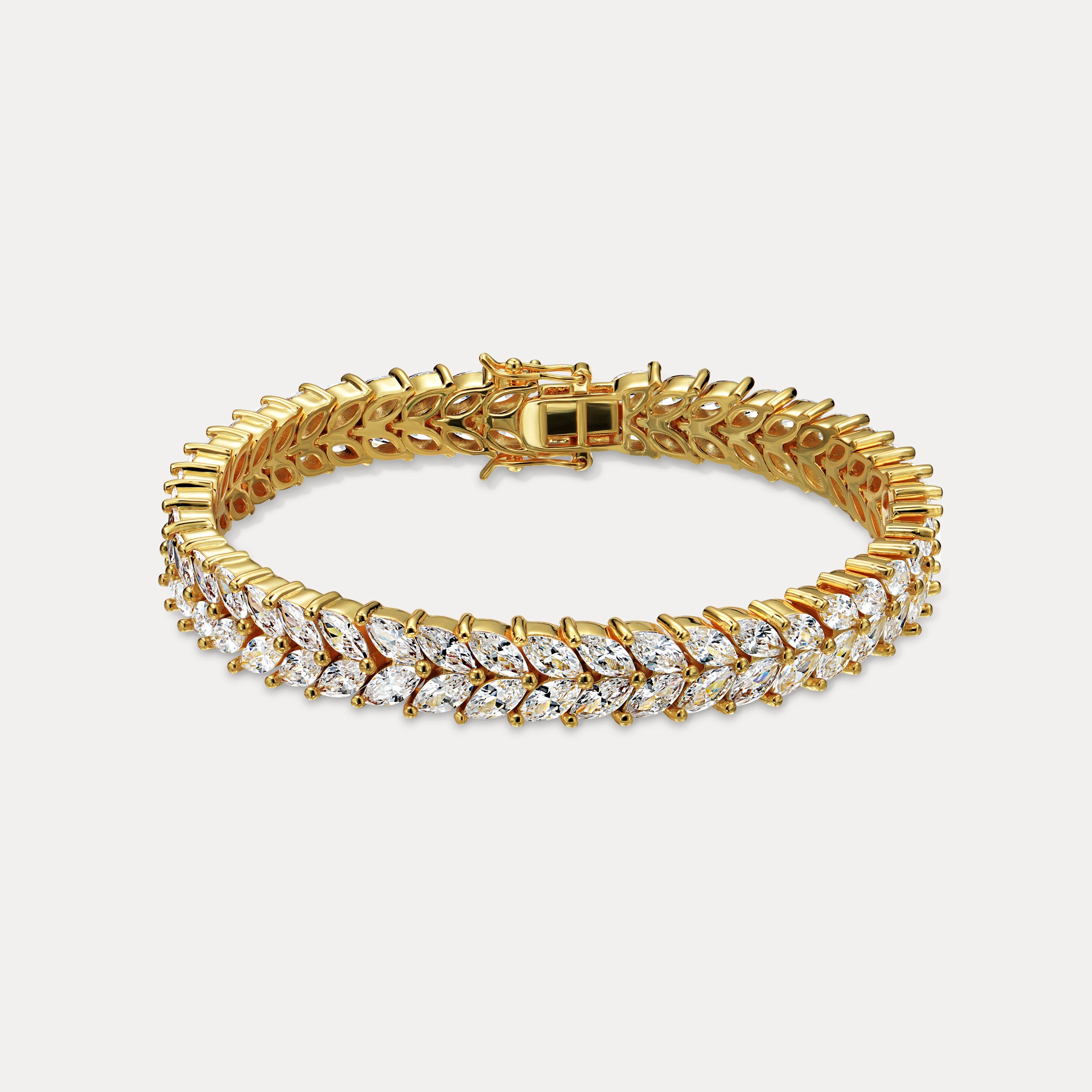

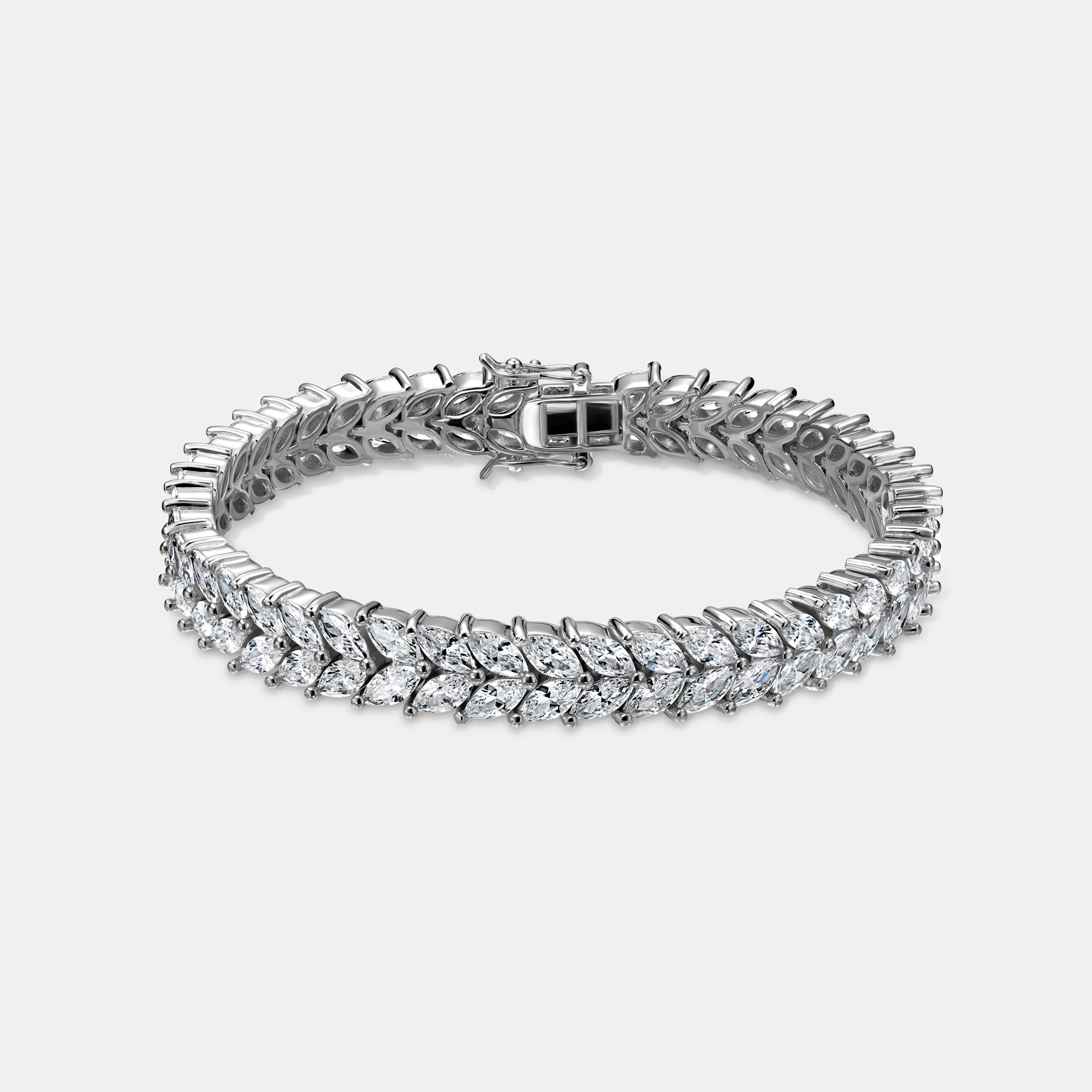

Leave a comment
This site is protected by hCaptcha and the hCaptcha Privacy Policy and Terms of Service apply.